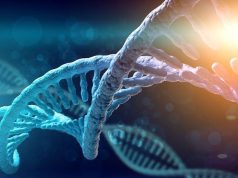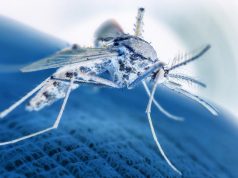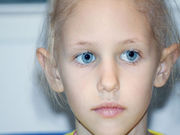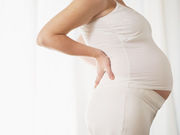Recent Decline in Cancer Mortality for Children, Teens
Twenty percent decrease in cancer death rate among children and adolescents from 1999 to 2014
Medical Marijuana Laws Linked to Reduced Opioid Use, Abuse
Study of fatal car crashes finds fewer linked to opioids where medical pot is legal
Recommendations Developed for Cost-Effectiveness Analyses
Concept of reference case, set of standard practices that all analyses should follow is recommended
Lower Citrulline Values With Metformin Treatment in T2DM
Findings in human sera and patients; validated in plasma, skeletal muscle, adipose tissue of mice
Daily Alcohol Intake Linked to Enlarged Left Atrium, A-Fib
Long-term drinking even moderate amounts of alcohol may increase risk of stroke
Outlook Good for Localized Prostate CA, Despite Tx Chosen
Survival rates high for active surveillance, radiation, or prostatectomy
Immunosuppressant-Free Retinal Stem Cell Transplant Feasible
Reprogrammed monkey stem cells successfully transplanted into the eyes of other monkeys
Value-Driven Outcomes Tool Can Cut Health Care Costs
Highest variability in costs identified for post-op infection and sepsis, lowest for organ transplant
Misuse of Anabolic Steroids Linked to Insulin Resistance
Effect may be mediated by increased visceral adipose tissue as primary metabolically active fat tissue
Rates of Gestational Diabetes Higher in the Summer Months
Swedish study suggests, but can't prove, that rising temperatures might raise risk



















